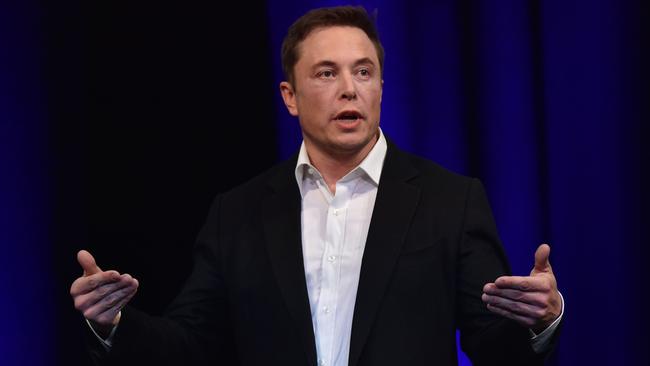Still a place for the human race as AI and automation take jobs
At least 21 new job categories may emerge from technology changes.

With robots on the march, many tech visionaries foresee a world with far fewer jobs. The advance of artificial intelligence and automation, they say, will make much of the work people do obsolete.
Some entrepreneurs such as Tesla founder Elon Musk predict so little human work will be left that a universal social safety net will be needed to maintain economic order.
But a sunnier employment picture can be painted. At least 21 new job categories may soon emerge from technological and other societal changes, says a report from IT services and consulting firm Cognizant Technology Solutions.
With titles such as genetic diversity officer, virtual store sherpa and personal memory curator, these roles aren’t science fiction, the study’s authors argue. Rather, they are identified as jobs many employers will have to fill within the next decade.
“It’s easier to understand what types of jobs are going to go away,” says Ben Pring, director of Cognizant’s Centre for the Future of Work, who with two other Cognizant executives wrote the recent book What to Do When Machines Do Everything. The idea behind the report, he says, was “to craft a credible narrative of what we’re going to gain”.
Other studies have concluded that artificial intelligence and automation can create jobs. Many companies building AI systems have found that humans must play an active role in building and running them. Store jobs lost to e-commerce have been replaced by jobs in fulfilment centres.
But defining the jobs of the future can be tricky, some economists warn. Job creation depends on how much businesses invest in their workforces, the demand for certain products and services, and decisions made by workers, says Michael Reich, economics professor at University of California, Berkeley, and chairman of the Centre on Wage and Employment Dynamics.
Still, he says he disagrees with the grim no-jobs future that some envision. “Even if an employer would love to replace all of their workers with robots to make their cars, someone needs to be able to buy those cars made by robots for the business to function,” he says.
Several of the jobs Pring and his colleagues envision involve helping companies manage artificial intelligence and automation. There is what the study calls data detectives: workers who dig into their employer’s data stockpiles and generate business recommendations.
Man-machine teaming managers will be needed to ensure machines and human workers collaborate in a way that maximises results, the study says, while cyber city analysts will see that municipalities’ digital systems and processes function smoothly.
On the low-tech end of the spectrum, the study describes rising demand for walker-talkers, gig workers who answer calls to assist and provide companionship for a growing elderly population as people live longer. On the hi-tech side, augmented-reality journey builders will help design virtual-reality experiences for consumers, the study projects.
Pring and his colleagues say the dawning age of intelligent machines won’t be without painful upheaval: they estimate about 19 million positions in the US will be automated out of existence in the next 15 years, while employers create 21 million new roles.
At the same time, most existing ones will likely be enhanced. “Work will change but it won’t go away,” Pring says.
Additional reporting: Kelsey Gee
THE WALL STREET JOURNAL


